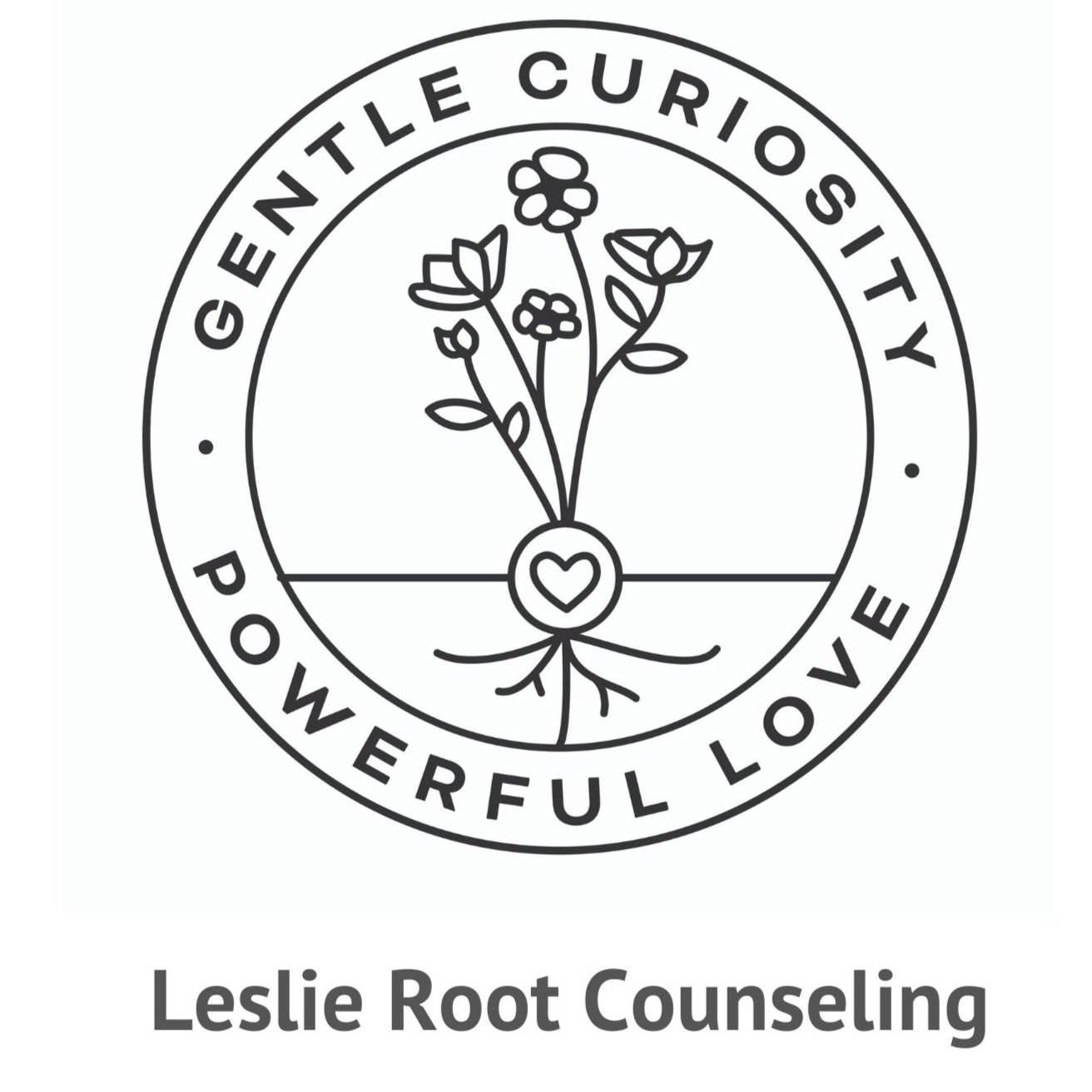Wondering if you or a loved one could be struggling with sexual addiction? Check out my Sexual Addiction Assessment.
Sexual Addiction is defined as an obsessive-compulsive behavior or excessive sexual behavior disorder that, if left untreated, causes severe distress and despair for the individual or partner. It occurs when a person uses one or more sexual behaviors as a coping mechanism or "fix", in ways that result in negative consequences. Consequences of the behaviors range from; emotional, physical, financial, legal, occupational, social and spiritual in nature.
Sexual addiction is a progressive intimacy disorder characterized by compulsive sexual thoughts and acts. Like all addictions, its negative impact on the addict and on family members increases as the disorder progresses. Over time, the addict usually has to intensify the addictive behavior to achieve the same results.
Like other addictions, sexual addiction becomes an unconscious habit, a compulsive ritual that is no longer a choice, and a psychological and biological attachment to the stimulus that provides the pleasure. Withdrawal symptoms occur when the sexual stimulus is removed, and preoccupation begins to interfere with life.
What are the Signs
When sex has become addictive, it is used compulsively to "numb-out," get a "high," or both. An indicator that sexual addiction could be present is if someone expresses concerns about the sexual behavior of a spouse or partner that is not a part of their relationship (like viewing pornography or visiting a strip club). Another sign is if sexual behaviors are kept hidden from a spouse or others. Additional questions to ask to help identify if sexual behaviors are part of a sexual addiction are:
Have you lost control over your sexual behaviors? Have you crossed lines you didn't think you would cross? Set limits on your sexual behavior that you have failed to meet?
Have you experienced negative consequences (such as the loss of a relationship, being less productive at work, or spent less time with family or friends) because of your sexual behavior? Or would you experience negative consequences if others found out about your sexual behaviors?
Have you tried to stop any sexual behaviors but eventually returned to them?
If a positive response is given to any of these questions, it is a good indication that the person has become sexually addicted, and further assessment by a marriage and family therapist or other professional specializing in sexual addiction treatment is recommended.
Behaviors Associated with Sexual Addiction
Compulsive masturbation
Simultaneous or repeated sequential affairs
Pornography
Cybersex, phone sex
Multiple anonymous partners
Unsafe sexual activity
Partner objectification/demand for sex
Strip clubs and adult bookstores
Use of prostitution/escorts
Sexual aversion/anorexia
Frequenting massage parlors
Sexual paraphilias (a need for unusual sexual stimulation) and/or any sexually offensive behavior
Getting Treatment
Treatment generally includes a combination of individual, marital, and group therapy. Key tasks for recovery include breaking through denial, learning about the addiction process, and establishing sobriety. These are not necessarily sequential and most addicts will begin working on several of these simultaneously during the initial phase of therapy.
Much of the work in these first tasks is designed to help establish stability for the addict and his or her family. For instance, it is not uncommon for the addict to continue to minimize or deny the extent, frequency and/or damage caused by the sexual acting out. Reading books on the topic, attending self-help groups with others facing the same addiction, or working on a sexual history can help the individual more fully recognize the need for help.
Establishing sobriety early on in treatment is a critical, yet often difficult task. Defining sobriety can be challenging because complete avoidance of all sexual behaviors is usually not the goal of treatment. Identifying the specific behaviors to be sober from is critical. In addition, addicts must recognize the people, places, emotional states, and relational dynamics that trigger them into the addictive process and which need to be avoided or more effectively managed. If one's primary form of acting out is via the Internet, computer usage can be limited to certain times or places, and filtering or monitoring software can be used. A detailed plan of action for recovery also needs to be created. This plan can be shared with one's partner or family as part of an overall process of restoring relational trust.
If you or your partner is struggling with Sexual Addiction it is important to seek out resources and treatment. Contact Leslie Root Counseling today to set up your intake and assessment.
HOW CAN LESLIE ROOT COUNSELING HELP?
I am a certified Sex and Love Addiction Healthy Relationship Clinical Practitioner trained by Brenda Schaeffer author of "Is It Love or Is It Addiction." Using the healthy relationship approach I work with individuals, couples and families on healing addictions and their underlying causes. My approach includes comprehensive treatment modules used by The Meadows, Patrick Carnes, and somatic informed interventions. I am able to support individuals, couples and families in the treatment of and recovery from sex and love addiction. Contact me today to discuss how I can help in your healing process.

